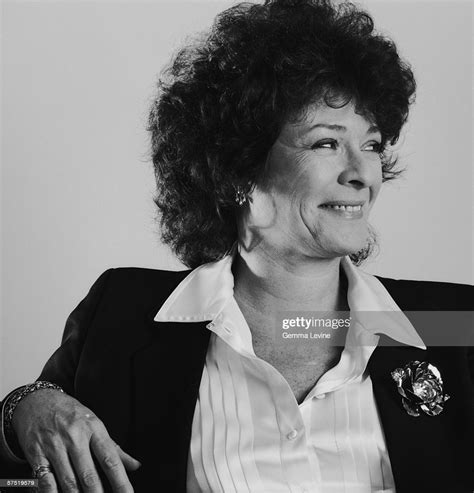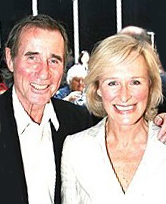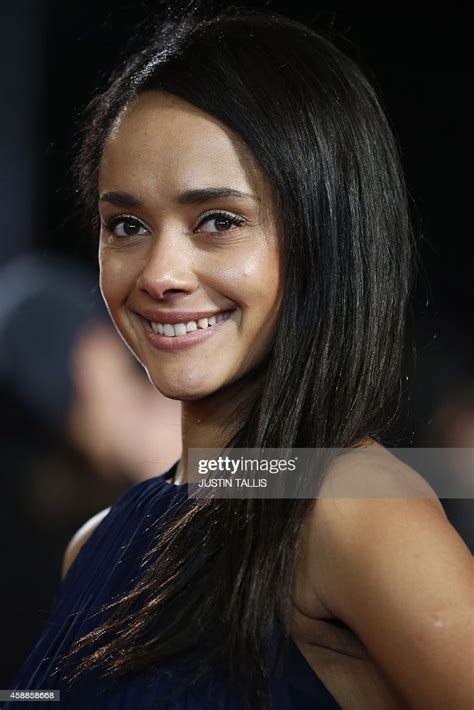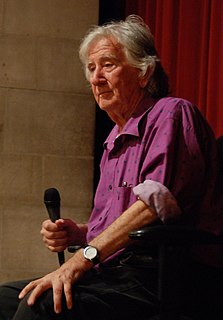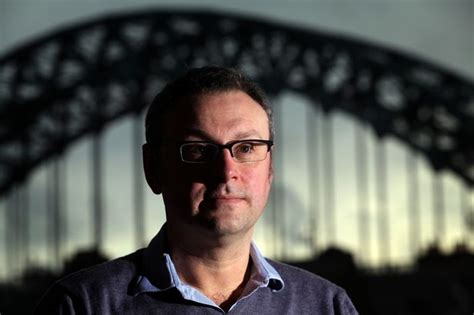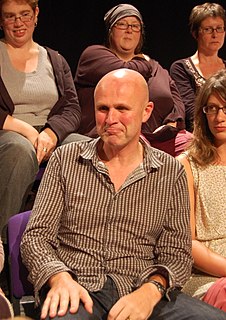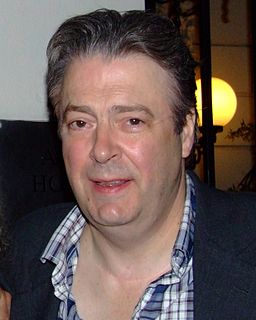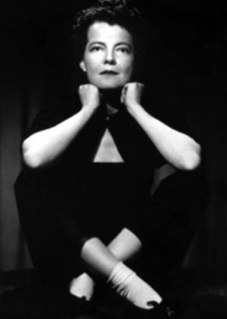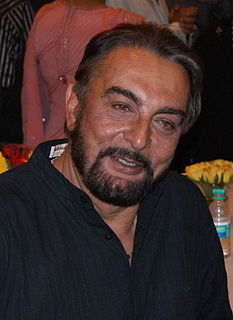A Quote by Janet Suzman
But I think theatre in a repressive society is an immensely exciting event and theatre in a luxurious old, affluent old society like ours is an entertaining event.
Related Quotes
Before I worked on film, I studied the theatre, and I expected that I would spend my whole career in theatre. Gradually, I started writing for the cinema. However, I feel grateful towards the theatre. I love working with spectators, and I love this experience with the theatre, and I like theatre culture.
